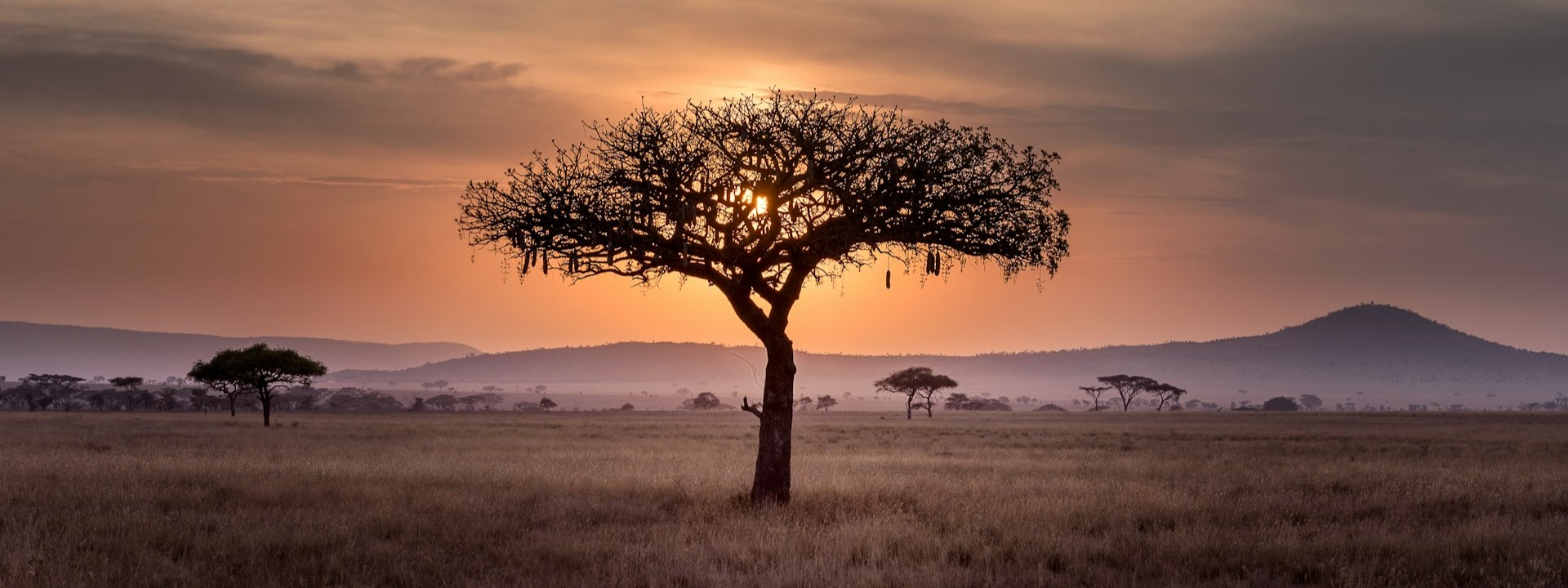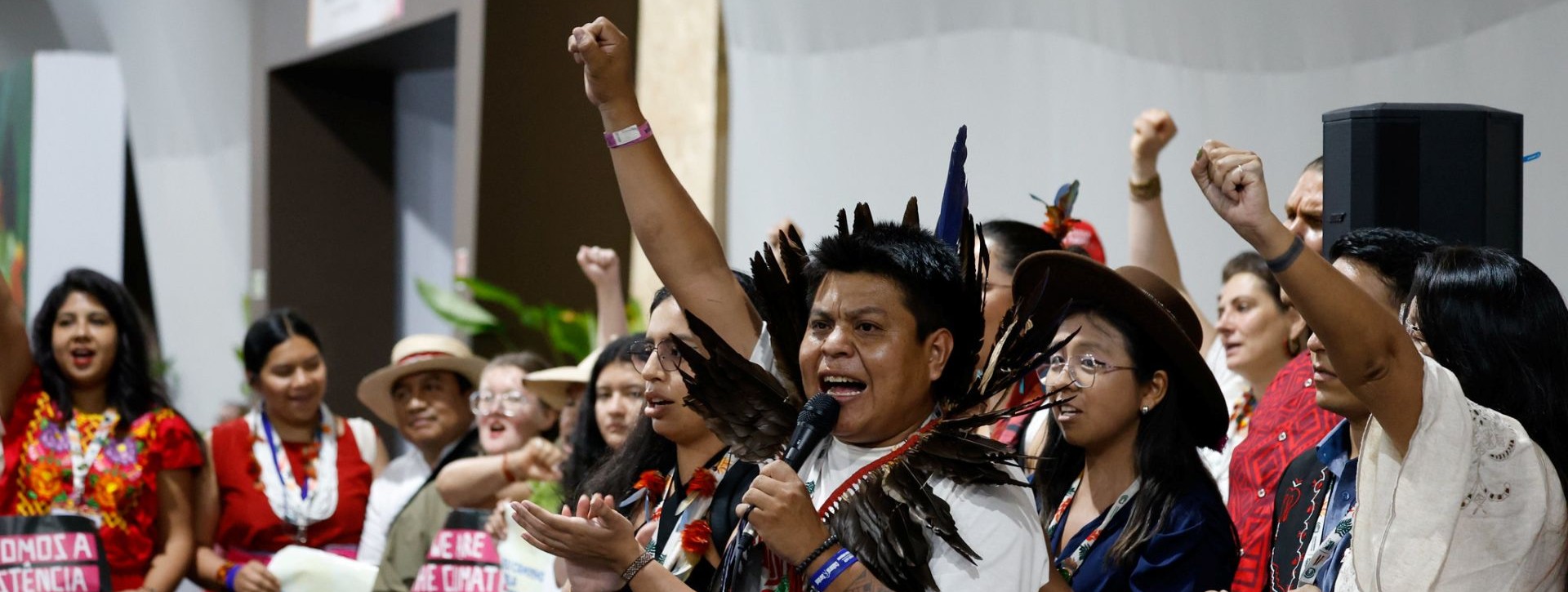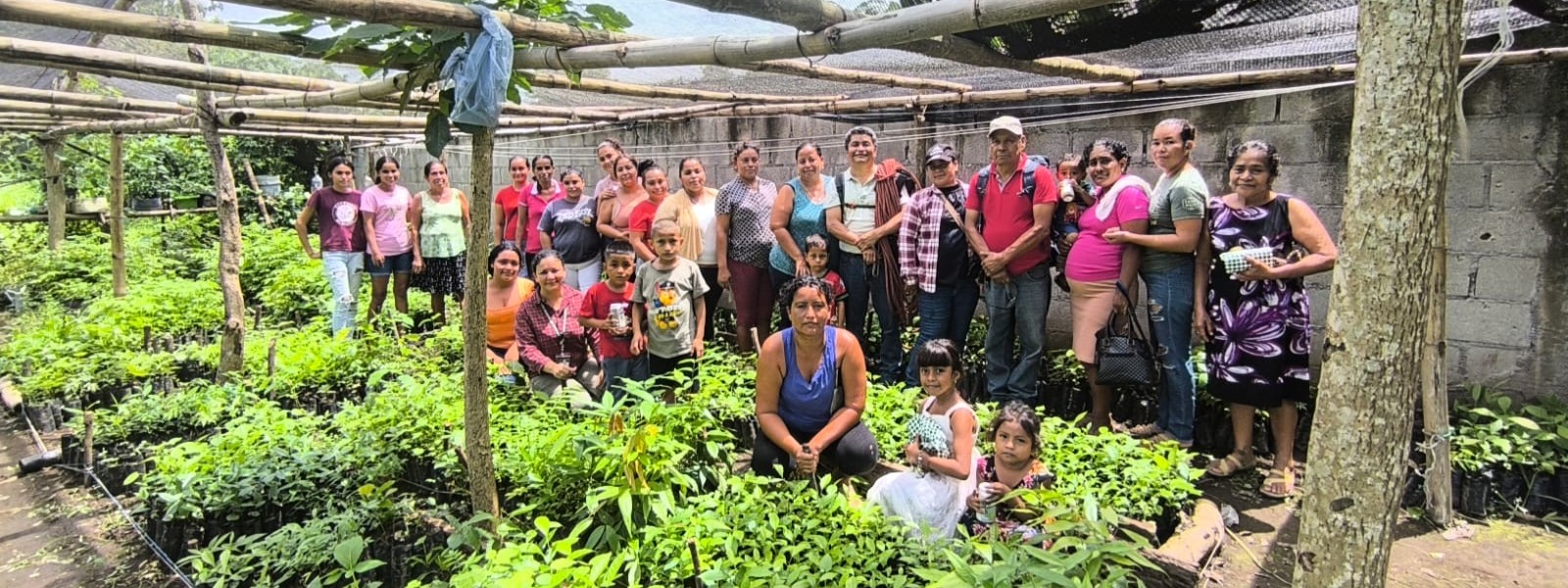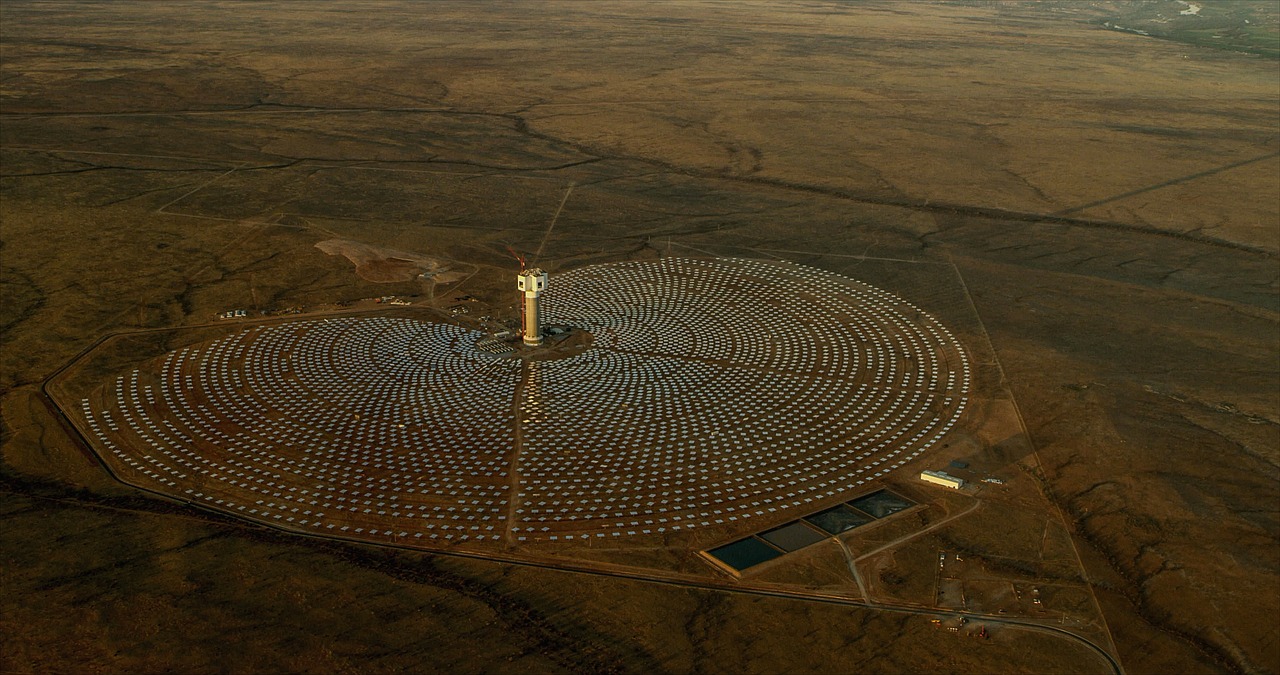FOR IMMEDIATE RELEASE
We must conserve and use indigenous crop varieties to diversify food and farming systems for current and future generations
Bonn, Germany (7 November 2023) – Following the COVID-19 pandemic and amid multiple environmental crises and armed conflicts around the world, hunger has increased notably in Western Asia, the Caribbean and Africa, according to FAO. Food security is now at a 10-year high in West and Central Africa, and the continent’s growing population, which is projected to reach 2.4 billion by 2050, could prove decisive.
Africa’s innovations and partnerships with global initiatives provide avenues to ensure a reliable and nutritious supply of food for the continent and beyond. National genebanks are a prime example.
“You can think of [a genebank] as a library of different types of seeds. You have to keep these seeds alive and have enough of them to be able to distribute them to farmers, scientists and students who need them,” said Nora Castañeda-Álvarez, manager of The Seeds for Resilience project at the Crop Trust, during a live-streamed discussion on GLF Live, titled “How can we safeguard Africa’s crops?” Seeds for Resilience works with national genebanks in Ethiopia, Ghana, Kenya, Nigeria and Zambia to safeguard their seed collections.
Africa’s work for global food and nutrition security
A couple of weeks ago, the team of Daniel Ashie Kotey, acting director of Ghana’s national genebank (CSIR-PGRRI), were the hundredth depositors at the Svalbard Global Seed Vault in the Arctic, which safeguards duplicates of seed samples from almost every country in the world. The Ghanaian deposit included maize, rice, eggplant and cowpea varieties–key crops for the country’s food security, health, and culinary culture.
“Many seedbanks are exposed to typhoons, to social unrest, and if we don’t have a copy of those collections [at back-up facilities such as the Svalbard Global Seed Vault], we are at risk of losing them forever,” said Castañeda-Álvarez.
“Plant genetic resources conservation has to do with everybody,” said Kotey during the same GLF Live conversation, and explained how 75% of the world’s food is currently provided by 12 crops out of the thousands of plant species that humans have conserved.
“Of these, rice, millet and wheat provide more than 50% of the world’s calories, and it is projected that climate change will cause a reduction in their yields,” even as the world population will likely continue to increase.
“We have to facilitate the conservation and use of indigenous crop varieties to diversify our food and farming systems for the benefit of current and future generations,” said Kotey. “If we focus on these few crops, farmers might be forced to throw away the diversity they have. Without empowering genebanks, we will all be in peril.”
“Most of the crops that are indigenous to Africa are in the periphery of research and funding. By narrowing down the diversity of food that we depend on, we are making ourselves increasingly vulnerable to the effects of climate change.”
Among other activities, genebanks collect, store and distribute plant genetic resources that are at high risk of being lost and acquire genetic material of local economic or social interest. One of their main challenges is acquiring funds to renovate facilities and modernize equipment, allowing them to conserve seeds in the long term and offer quality and updated seed collection information to farmers, who are not fully aware of what genebanks can offer them to address extreme weather challenges or the narrowing of the genetic breeds.
“Most of the seeds that we have in African banks are unique and essential for food and nutrition security; we should be able to keep them alive,” explained Kotey.
To keep supporting genebanks worldwide in perpetuity, the Crop Trust will continue to fundraise for their endowment fund. “Our food systems are fragile, and we need to have options to be able to continue producing food and feeding the world,” said Castañeda-Álvarez.
###
NOTE TO EDITORS
- For more information, additional materials or to arrange interviews and/or to learn more about genebanks in your region or country, contact Kelly Quintero (k.quintero@cifor-icraf.org)
- Learn more at the GLF Live How can we safeguard Africa’s crops? and feel free to use quotes from the recording, referencing GLF Live.
About Crop Trust
The Crop Trust is an international organization working to conserve crop diversity and protect global food and nutrition security. At the core of the Crop Trust is an endowment fund dedicated to providing guaranteed financial support to genebanks worldwide. It supports the Svalbard Global Seed Vault and coordinates large-scale projects worldwide to secure crop diversity and make it available for use. The Crop Trust is recognized as an essential component of the funding strategy of the International Treaty on Plant Genetic Resources for Food and Agriculture.








Share your thoughts with us